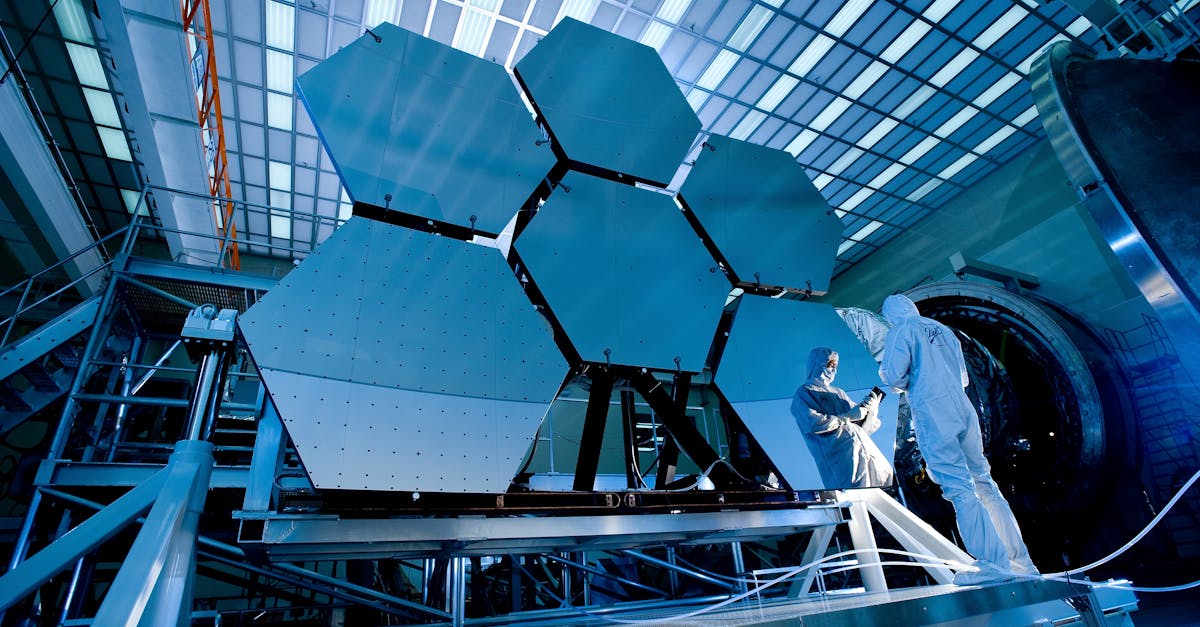Unveiling the Secrets of the Universe: The Crucial Role of Space Telescopes in Discovering Exoplanets
The discovery of exoplanets has revolutionized our understanding of the universe, and space telescopes have played a pivotal role in this journey. These powerful instruments have enabled scientists to detect and study thousands of celestial bodies beyond our solar system, revealing new insights into the nature of planetary formation and the potential for life.
The Challenges of Exoplanet Detection
Detecting exoplanets is a daunting task due to their immense distances from Earth. Most planets are too far away to be directly observed using traditional telescopes, requiring specialized instruments to detect the subtle changes in light caused by a planet’s presence.
Space telescopes have been designed to overcome these challenges by providing high-resolution images and spectroscopic data that can reveal the presence of exoplanets. Advanced technologies such as coronagraphy, transit photometry, and radial velocity measurements enable scientists to identify and characterize planets with unprecedented precision.
Key Space Telescopes in Exoplanet Discovery
Several space telescopes have been instrumental in the discovery of exoplanets. Some notable examples include:
- Hubble Space Telescope: With its unparalleled sensitivity and resolution, Hubble has played a crucial role in detecting thousands of exoplanets using transit photometry and spectroscopic techniques.
- Kepler Space Telescope: Launched in 2009, Kepler is specifically designed to detect exoplanets using the transit method. It has discovered over 2,000 planets and paved the way for future exoplanet hunting missions.
- James Webb Space Telescope: The successor to Hubble, JWST offers even greater sensitivity and resolution than its predecessor, enabling scientists to study the atmospheres of exoplanets in unprecedented detail.
The Future of Exoplanet Discovery
As technology continues to advance, space telescopes will play an increasingly important role in the discovery of exoplanets. Upcoming missions such as the Transiting Exoplanet Survey Satellite (TESS) and the PLATO mission promise to detect thousands more planets using advanced techniques like asteroseismology.
The next generation of space telescopes will also enable scientists to study exoplanets in greater detail, revealing insights into their atmospheres, compositions, and potential habitability. By combining data from multiple missions, researchers can build a comprehensive picture of the universe, providing new perspectives on the search for life beyond Earth.
Conclusion
Space telescopes have revolutionized our understanding of exoplanet discovery, enabling scientists to detect and study thousands of celestial bodies beyond our solar system. As technology continues to advance, these powerful instruments will play an increasingly important role in the quest to uncover the secrets of the universe.
